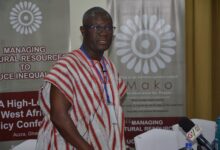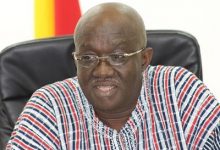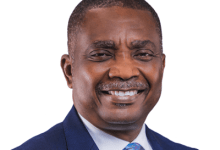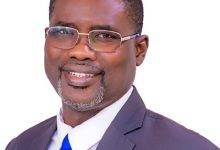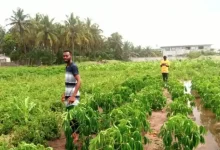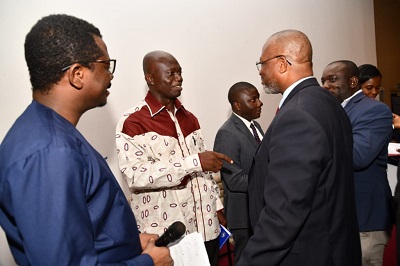
A lecturer at the Economics Department of the University of Ghana, Dr Emmanuel Codjoe, has called for what he termed a “joined up thinking and policy formulation” to enable the country make the best of the new African market.
He said if the government took the decisions alone, it might not have the support of the private sector and other stakeholders should the country be faced with some challenges in the implementation of the African Continental Free Trade Agreement (AfCFTA).
“Maximising and minimising the diverse impact of the AfCFTA on the economy requires joined up thinking and policy formulation outside the silo approach, which is usually the case,” Dr Cudjoe said.
“There is the need for bold, accountable predictable and active policy implementation,” he said at a multi-stakeholder policy dialogue on the successful implementation of the (AfCFTA), in Accra yesterday.
The AfCFTA is a trade agreement among AU member states, with the goal of creating a single market, followed by the free movement of people and a single-currency union.
The AfCFTA was signed in Kigali, Rwanda, on March 21, 2018. Ghana is hosting the secretariat.
The dialogue, organised by the National Development Planning Commission (NDPC) and United Nations Development Programme (UNDP), was to increase awareness and trigger discussions amongst captains of industry, private and public sector, civil society and others.
According to Dr Cudjoe, the country should inject more sustained and long term investment in the agriculture, manufacturing and services sectors to firm up her competitiveness in these areas since they were likely to be the future of the market.
The AfCFTA, he said, would not be all rosy but a mixture of negatives and positives that would require strategic plans to minimise and maximise them respectively.
The areas of the economy most likely to attract more benefit, he said, included agricultural activities, manufacturing, electricity, financial services, education and health as the country had competencies in these areas.
Dr Cudjoe listed the areas that the country could lose out to include trade because of e-commerce; storage; hospitality business and support services and therefore advised that those areas be given adequate attention.
“Ultimately , there is an urgent need to actively encourage balanced growth across all sectors with the emphasis on employment creation , improved incomes , greater job security and income inequality,” he said.
The Executive Director of the NDPC, Dr Kodjo Essien Mensah–Abrampa, said beyond the ratification of the agreement, the gains should reflect in poverty reduction, sustainable and inclusive development.
Describing the agreement as a historic milestone, he said the Commission would support various implementation phases and help realise the long awaited integrated market.
For her part, an economist at the Bank of Ghana, Dr Claudia Kumah, said the Central Bank was committed to price and exchange rate stability to ensure that Ghanaians do not lose out in the market.
BY JONATHAN DONKOR

